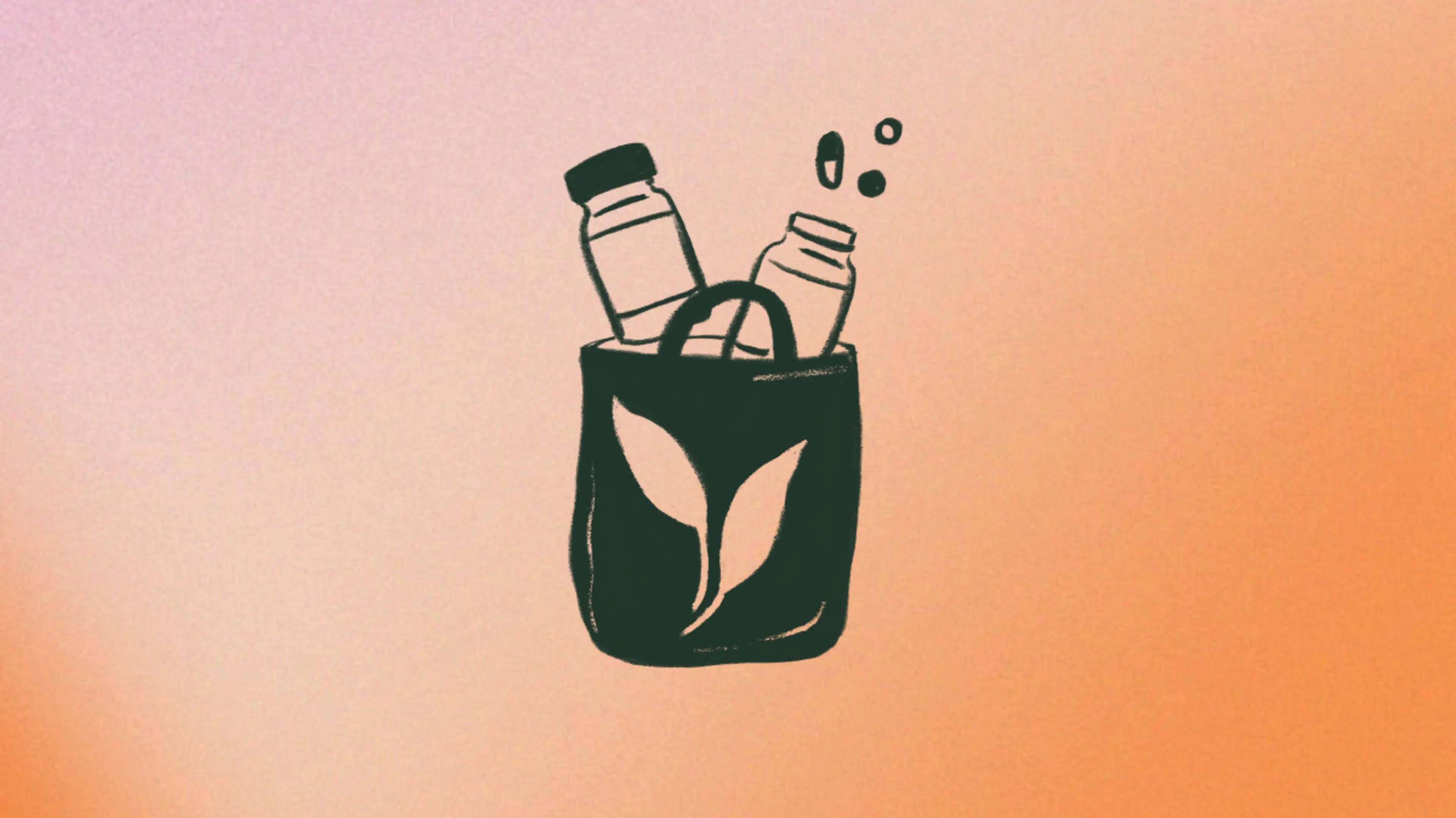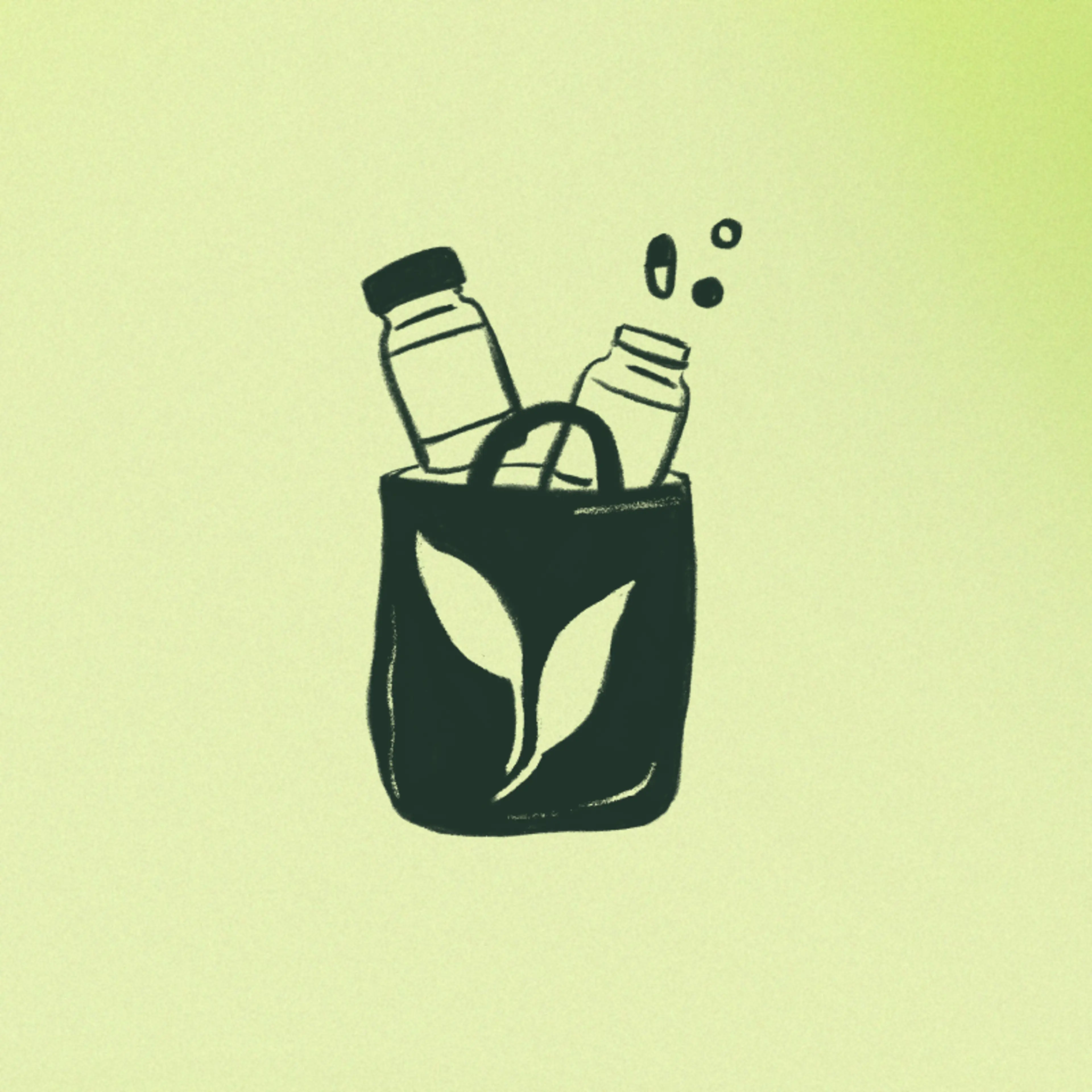I was about eight weeks pregnant and something was seriously wrong. I texted my boss and said, “I have to leave.” But the disruption to my day wasn’t for the reasons I imagined when I’d pictured being pregnant. I wasn’t puking at work. I wasn’t bleeding. I was…exhausted.
Even the word “exhausted” is nowhere close to intense enough to describe what I was feeling carrying my first during that first trimester, and I would experience the same thing with each of my following pregnancies. I would have never been the type to leave work for a nap before I became pregnant. But my first-trimester fatigue was that severe. Of course, like many women in the U.S. preparing for an unpaid leave, I was trying to reserve the few sick days I had to use after I gave birth, so I had no leeway to be frequently missing work because I was tired. So, I powered through most fatigue-filled days, wishing I knew what I know now about other remedies.
If you are experiencing intense fatigue, it may help to know that 94% of women1 report having this early pregnancy symptom, so you are far from alone. While there are some things you can do to help alleviate it, mostly it’s a phase we all just have to get through, hanging on with as much support from others as we can gather until it passes. Here’s what I wish I knew five pregnancies ago.
What Is First-trimester Fatigue?
Picture your most exhausting day, then times it by, well, a zillion. That’s how first-trimester fatigue feels. It might vary throughout the day, but for me, the afternoon slump is where you’d find me quite literally slumping over my desk, trying to keep my eyes open.
Dr. Brandye Wilson-Manigat, ob-gyn and Cure medical advisor, says this is common, and can even be an early pregnancy sign for some, as you might start feeling this way in the fifth or sixth week of pregnancy. “It is most often linked to hormonal changes such as increased progesterone and symptoms like nausea and vomiting. These factors, along with potential dehydration, can sap your energy and make it challenging to get enough calories to fuel your basic daily activities,” she says. Your heart is also pumping blood harder and stronger to support the placenta and fetal circulation, according to John Hopkins Medicine2 .
But the issue might not just be physical. “Additionally, psychological issues like depression, anxiety, and stress may contribute to pregnancy-related fatigue,”Wilson-Manigat says. This was absolutely true for me. I worried about miscarriage, lost work time, and decreased productivity. I was stressed about being tired, and more tired from being stressed.
What Timeline Can I Expect From First-trimester Exhaustion?
You might be able to breeze through a few early weeks of excitement before that exhaustion hits. Once I knew mine would peak at eight weeks—the time Wilson-Manigat says is common for the most intense exhaustion to kick in—I could prepare better during my next pregnancies. During those early days , I started making crockpot freezer dinners and doubling recipes I was already making with one very specific goal: I knew I wouldn’t want to cook at all for a month or so once the fatigue hit.
Luckily, for most, Wilson-Manigat says, extreme exhaustion tapers off as your second trimester rolls in, at around the 12-14 week mark. You notice a bit more pep in your step and realize you had a productive afternoon here and there. But for some unlucky few, Wilson-Manigat warns it can persist through pregnancy.
Who Is More at Risk?
Not all women will experience fatigue in the same way, or with the same severity. So, when your bestie tells you to just take a nap and chug some coffee, they might not have had it as bad as you (or vice versa). Wilson-Manigat says certain groups are more at risk. “Fatigue in the first trimester of pregnancy can be worse for women who are younger, as well as for women who have low iron levels before they become pregnant. Also, women who already have a diagnosis of anxiety or depression, or have high levels of stress in their lives may also experience more severe fatigue,” she says.
In addition, sometimes fatigue increases your risk of pregnancy complications, so keep your doctor in the loop. “When severe, fatigue can be associated with pregnancy complications like an increased risk of preterm labor, prolonged labor, cesarean section, and depression during the pregnancy and postpartum period,” she adds.
How Tired Is Too Tired?
You might be concerned, especially as a first-time parent, about just how tired is too tired before it means something is wrong. It’s a valid question. “Fatigue can be a very nonspecific symptom, and there are other potentially serious conditions that can be the underlying cause, like heart disease, asthma or other respiratory conditions, thyroid disease, anemia, and other infectious causes,” Wilson-Manigat says. She encourages moms to bring up “really extreme” exhaustion with their doctors, who might recommend testing to make sure nothing more severe is going on.
Even if there isn’t an additional medical issue at play, do an audit of the times in your life when it might be dangerous to be this tired, and work backward to try to ease those risks. For example, if you find yourself nodding off during your afternoon commute, like the one in 25 drivers3 who have fallen asleep at the wheel, don’t hesitate to ask a colleague about carpooling. Or, if your work involves dangerous machinery, it might be worth a conversation with your manager about accommodations.
How Can I Alleviate First-trimester Fatigue?
So many pregnancy concerns, I’ve found, are met with the same answer—this will pass. While this might also be true for exhaustion, Wilson-Manigat says you can give your body a boost in a few key ways:
Stay hydrated. Dehydration can make fatigue worse.
Take naps whenever possible to support energy levels.
Move bedtime a little bit earlier.
Focus on cold food and drinks that can be easier to get down through nausea and vomiting. This will ensure you have the energy boost your body needs during fatigue.
Finally, speak up to your boss, friends, partner, and colleagues so they can support you however you need. It’s not just in those first postpartum weeks that you need your village—it’s okay to need them now, too. When I look back at the many first trimesters I’ve endured, I have even more respect for all people who have carried a baby while working, cooking, exercising, and surviving daily life. And, immense respect for myself. Then, I go take a nice little nap and thank God I’ll never be that tired again.











